Description
Tolvasca 30 Tablet (Tolvaptan) – Treatment for Low Blood Sodium Levels
Tolvasca 30 Tablet is a specialized medication used to treat hyponatremia (low sodium levels in blood) caused by conditions like heart failure, liver cirrhosis, and syndrome of inappropriate antidiuretic hormone secretion (SIADH). This vasopressin antagonist works by promoting water excretion while retaining sodium. Take exactly as prescribed, with or without food, at consistent times daily. Continue treatment as directed, even if symptoms improve, and maintain regular medical supervision for sodium level monitoring.
Uses of Tolvasca Tablet:
- Treatment of hyponatremia (low blood sodium levels)
- Management of SIADH (Syndrome of Inappropriate Antidiuretic Hormone Secretion)
- Correction of sodium imbalance in heart failure patients
- Treatment of sodium imbalance in liver cirrhosis patients
Benefits of Tolvasca Tablet:
It effectively corrects dangerously low sodium levels that can cause symptoms like nausea, headaches, confusion, and potentially require hospitalization. By selectively increasing water excretion without sodium loss, it helps restore normal sodium balance, preventing serious neurological complications such as memory impairment and osmotic demyelination syndrome.
Side Effects of Tolvasca Tablet:
Most side effects are mild and temporary as your body adjusts to the medication. Consult your doctor if persistent or bothersome.
- Increased urination and nighttime urination (nocturia)
- Dry mouth and increased thirst
- Constipation
- Nausea
- Elevated blood creatinine
- Increased potassium levels (hyperkalemia)
How to Use Tolvasca Tablet?
Swallow the tablet whole with water, with or without food, at the same time each day as prescribed. Do not crush, chew, or break the tablet. Treatment duration typically doesn’t exceed 30 days. Your doctor will monitor your sodium levels regularly and adjust treatment accordingly.
How Tolvasca Tablet Works?
The tablet contains tolvaptan, a selective vasopressin V2-receptor antagonist. It blocks the action of antidiuretic hormone (vasopressin) in the kidneys, promoting water excretion (aquaresis) without significant sodium or potassium loss. This mechanism helps increase serum sodium concentration while reducing fluid overload.
Safety Advice:
- Alcohol: Caution advised – consult your doctor
- Pregnancy: Potentially unsafe – limited human data
- Breastfeeding: Likely unsafe – may pass into breastmilk
- Driving: Unsafe – may cause dizziness or drowsiness
- Kidney function: Safe in mild-moderate disease; avoid in severe impairment
- Liver function: Caution needed; contraindicated in severe disease
- Fluid intake: Maintain adequate but not excessive hydration
What If You Missed a Dose?
Take the missed dose as soon as remembered unless it’s nearly time for the next dose. Never take a double dose to compensate. If close to the next dose time, skip the missed dose and continue the regular schedule.
FAQs:
Q1. What is the most serious risk with Tolvasca 30 Tablet?
The most critical risk is too-rapid sodium correction, which may cause osmotic demyelination syndrome (ODS) with symptoms like speech/swallowing difficulties, confusion, muscle weakness, or seizures. This requires immediate medical attention.
Q2. How long should I take Tolvasca 30 Tablet?
Treatment typically lasts up to 30 days. Your doctor will monitor sodium levels and discontinue once normalized. Never exceed the prescribed duration without medical advice.
Q3. Does Tolvasca affect blood sugar levels?
Yes, it may increase blood glucose. Diabetic patients should monitor blood sugar closely and report significant changes to their doctor.
Q4. Who should avoid Tolvasca 30 Tablet?
Contraindicated for patients who: cannot replace fluids orally, can’t recognize thirst, have severe kidney impairment, are anuric, or take interacting medications like strong CYP3A inhibitors.
Q5. Can I consume grapefruit with Tolvasca?
No. Grapefruit/juice significantly increases tolvaptan blood levels, risking dangerously rapid sodium correction. Avoid completely during treatment.
Q6. How often will I need blood tests during treatment?
Frequent monitoring (often daily initially) of sodium levels is crucial to prevent ODS. Your doctor will determine the exact testing schedule based on your response.
Q7. What should I do if I experience excessive urination?
While increased urination is expected, report extreme thirst, dizziness, or inability to maintain hydration to your doctor immediately, as electrolyte imbalance may occur.

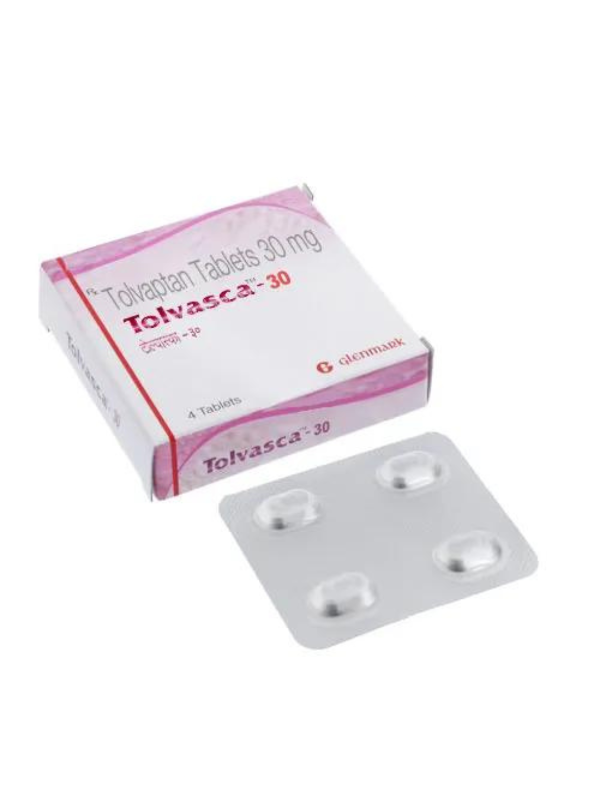
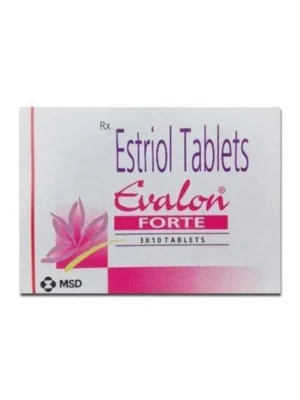
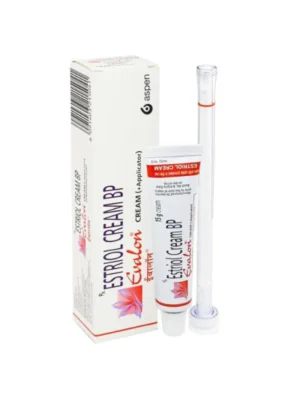
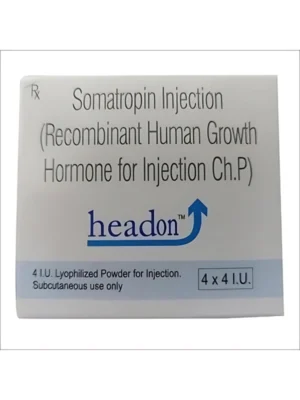

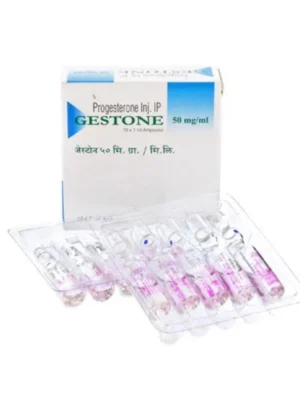
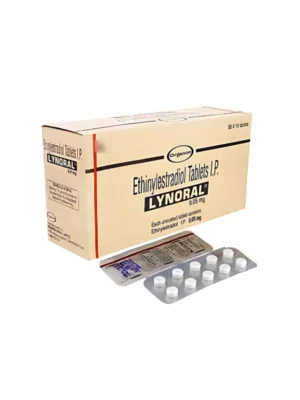
There are no reviews yet.